Andres Kollist
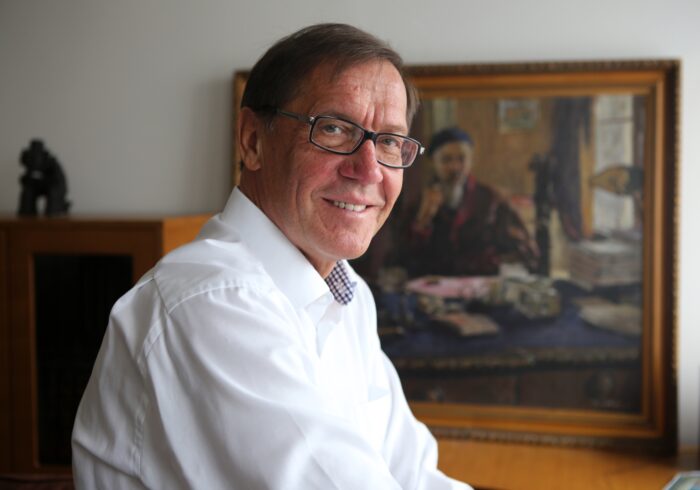
Graduated from Tartu State University with a degree in organic chemistry. He worked as an engineer at the Institute of Experimental Biology of the Estonian Academy of Sciences. Later, served at the Institute of Chemistry of the Academy of Sciences as a postgraduate researcher, junior researcher, senior researcher, and lead researcher. Earned a Candidate of Chemistry degree in 1981. Established and led a research group, publishing approximately 50 scientific papers. Specialized in studying gelling polygalactans extracted from red algae found in the seas. Organized expeditions to the coasts of the White Sea, Barents Sea, Chukchi Sea, Bering Sea, Sea of Okhotsk, Sea of Japan, Pacific Ocean etc. Led the Citizenship and Migration Board and Audentes Higher Business School and served as deputy director at the State Information Systems Development Center. Since 2004, has been the director of the Academic Library of Tallinn University. A founding member of the Estonian Polar Club and its president since 2023.
Minna-Liina Lind
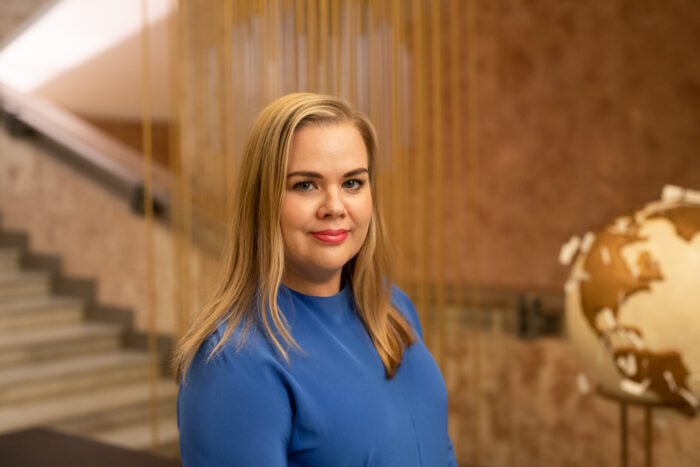
Ms Minna-Liina Lind is the Undersecretary for Global Affairs at the Estonian Ministry of Foreign Affairs. She directs the work of the Digital and Cyber Diplomacy Department, the International Organizations and Human Rights Department, the Global Estonian and Cultural Diplomacy Department, and the Connectivity and Climate Diplomacy Department. The latter is also responsible for Arctic affairs at the MFA.
Minna-Liina has worked at the Ministry of Foreign Affairs since 2004 in various roles. She holds a Master’s degree in International and European Union Law from Heidelberg University. She is also a graduate of the Estonian School of Diplomacy.
Lauri Laanisto
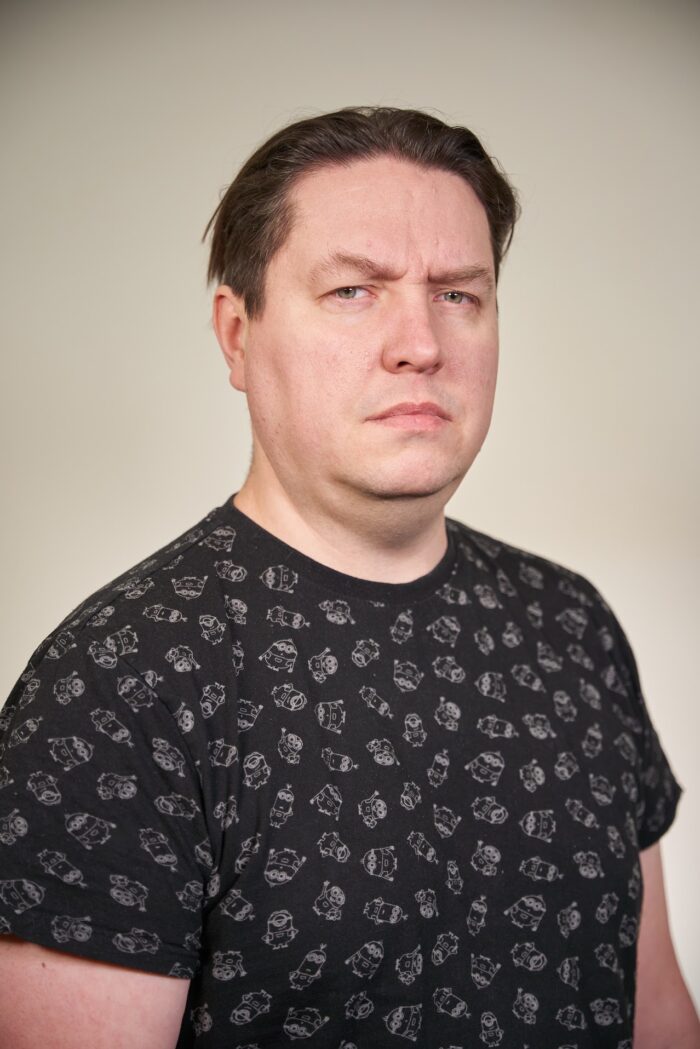
I have been studying plant ecology in Svalbard since 2016. My main focus and interest in Arctic ecosystems is to understand the functionality of and in plant and cryptogam communities. From intraspecific variability of functional traits to long-term processes in ecosystems due to climatic and nutrient changes.
Petr Macek

Petr is a plant ecologist with the main interest in interactions within plant communities as well as between plants and their environment. He studies mechanisms of competitive and facilitative interactions among plants and surrounding environment, e.g. soil, management or climate. Although Petr studied functional plant ecology across various ecosystems around the globe, his main focus lies in understanding the effect of ongoing and future changes on terrestrial ecosystems in cold regions. Currently, he spent over a decade studying rapidly changing Arctic tundra. In his research, he combines the functional trait approach with studies of community dynamics by means of field manipulative experiments.
Maarja Kruusmaa
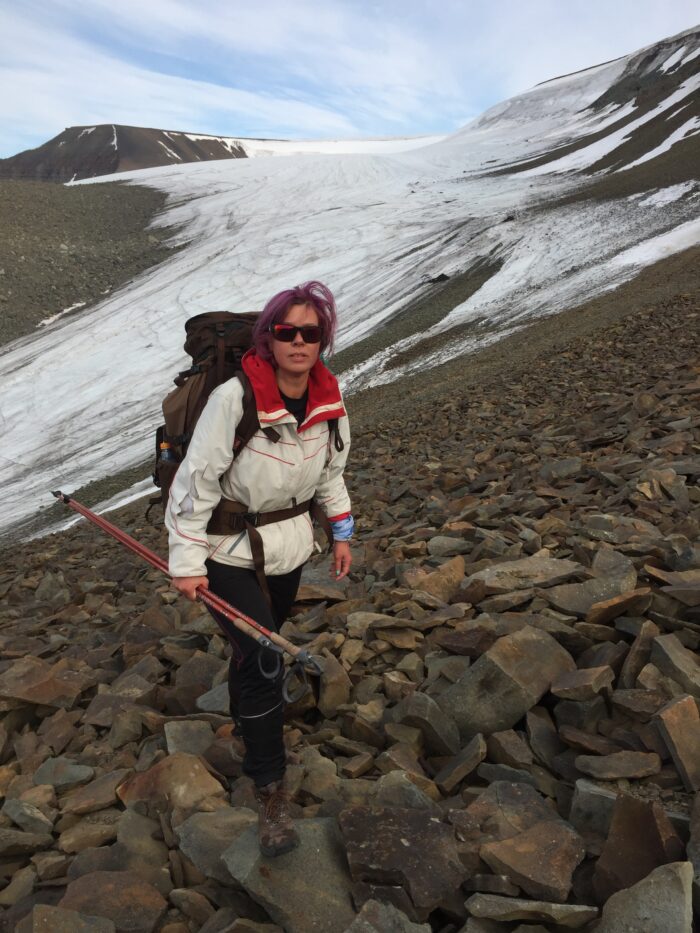
Maarja Kruusmaa is a professor at Tallinn University of Technology. Her research focuses on robotics and sensor technology, particularly the invention and development of underwater robots and measurement devices for aquatic environments, as well as the processing of data collected in aquatic environments.
Martin Liira
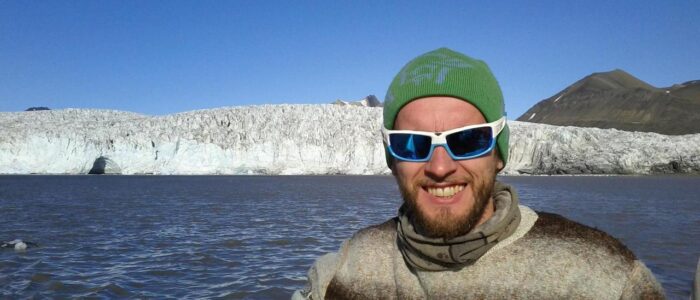
Senior Geologist at the Geological Survey of Estonia and Research Fellow at the University of Tartu (Estonia). He worked at the University Centre in Svalbard (Norway) from 2014 to 2016, where he conducted postdoctoral research on methane emissions, a potent greenhouse gas, in seabed sediments.
Riko Noormets

Riko Noormets graduated from the University of Tartu in 1994 with a master’s degree in marine geology. After earning his PhD from Stockholm University in 2001, he worked at the University of Bremen’s Research Centre Ocean Margins from 2002 to 2005, focusing on sedimentary processes in the North Sea. His research on glaciers in polar regions began at the Scott Polar Research Institute, University of Cambridge, where he worked from 2005 to 2008. Since 2008, he has been a professor of marine geology at the University Centre in Svalbard (UNIS) in Norway.
His main research interests include mapping polar seafloors and reconstructing climate and environmental changes. Since 2011, he has been a member of the editorial board of the International Bathymetric Chart of the Arctic Ocean (IBCAO). From 2020 to 2022, he served as an associate professor at Stockholm University. Riko has published over 100 scientific articles and participated in dozens of research expeditions in both the Arctic and Antarctic regions.
Katrin Savomägi
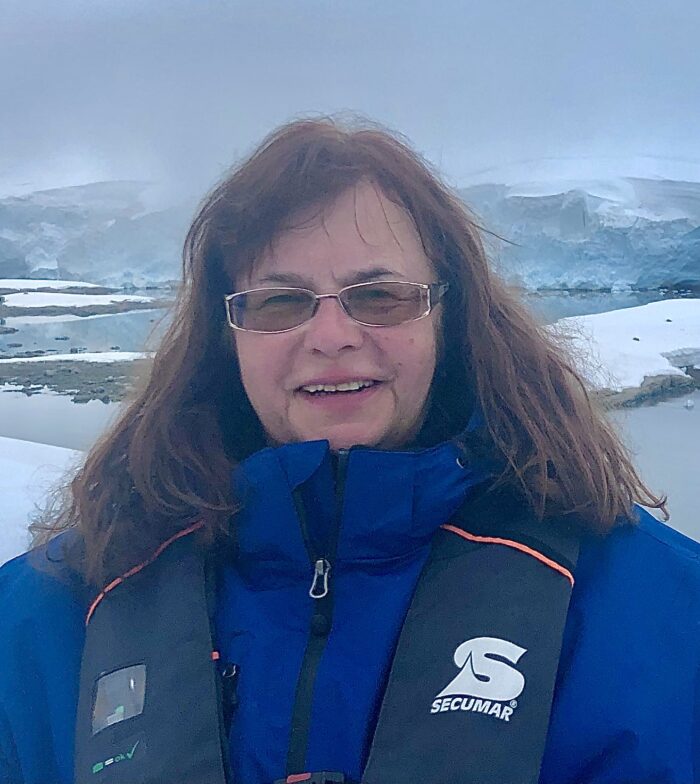
Katrin Savomägi, a maritime and polar historian, graduated from the University of Tartu as a historian, later completing studies at the Estonian School of Diplomacy. She has held various positions at the Estonian Maritime Museum, including senior researcher, department head, and research secretary, with her work often focusing on maritime culture. She played a key role in Estonia’s accession to the International Council of Museums (ICOM), becoming its honorary member in 2022.
Since 1984, Savomägi has been actively involved in polar topics, beginning with an Antarctic exhibition that laid the groundwork for the establishment of the Estonian Polar Club. She has served as the club’s secretary since its founding and now acts as its managing director. Her contributions extend to participating in polar expeditions to Antarctica, Svalbard, and other parts of the Arctic, as well as organizing student expeditions. In addition, she is a board member of the Estonian Polar Foundation.
Fridfjof Mehlum
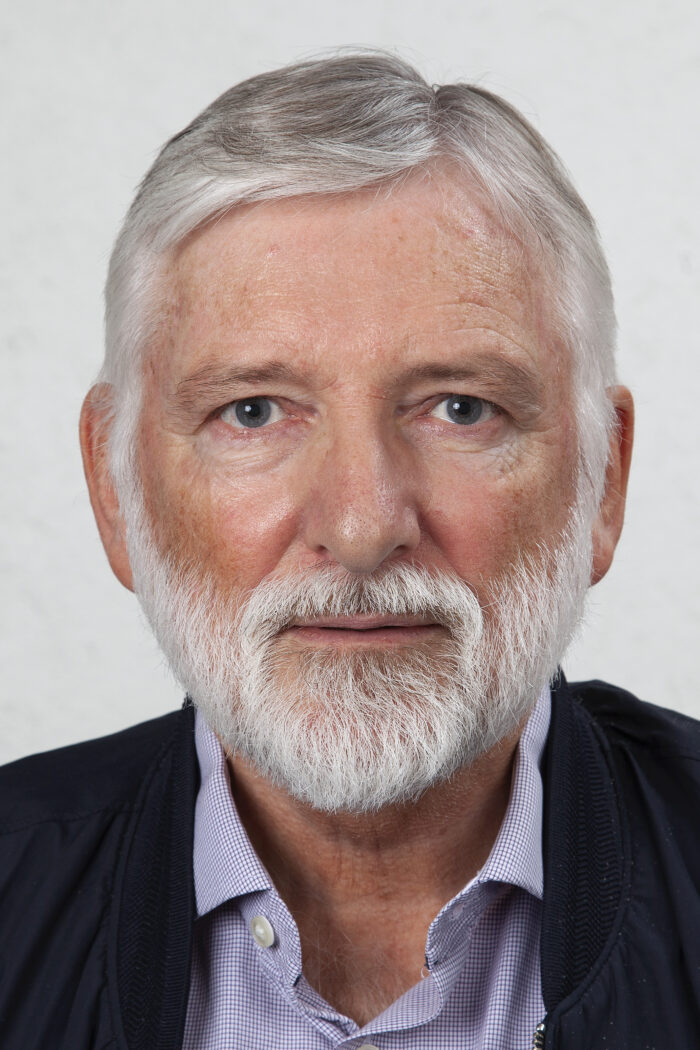
Fridtjof Mehlum has 20 years of experience from the polar areas as a researcher with the Norwegian Polar Institute. Later, he worked as a special adviser at the Research Council of Norway as an administrator of polar and climate research. Before he retired, he served for 10 years as the research director of the Natural History Museum in Oslo. Fridtjof is also president of the Norwegian Polar Club and is a co-editor of the Club ́s yearbook Polarboken, in which he contributes with his own papers, mainly on polar history.
Valur Ingimundarson
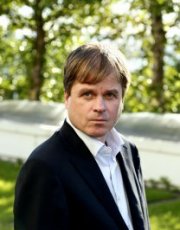
Valur Ingimundarson is a Professor of Contemporary History and Chair of the EDDA Research Center at the University of Iceland. He is also a Senior Associate Fellow at RUSI in London and an Associate Fellow at the LSE IDEAS. He has published widely on geopolitics and international history; Artic geopolitics and governance; Iceland’s foreign, security, and Arctic policies and its relationship with the United States and NATO; U.S.-German and U.S.-European relations during and after the Cold War; and post-conflict and memory politics. His forthcoming book is entitled Embellished Promise: Iceland’s Arctic Policies and Shifting Geopolitics, which will be published by Palgrave.
Rachael Gosnell
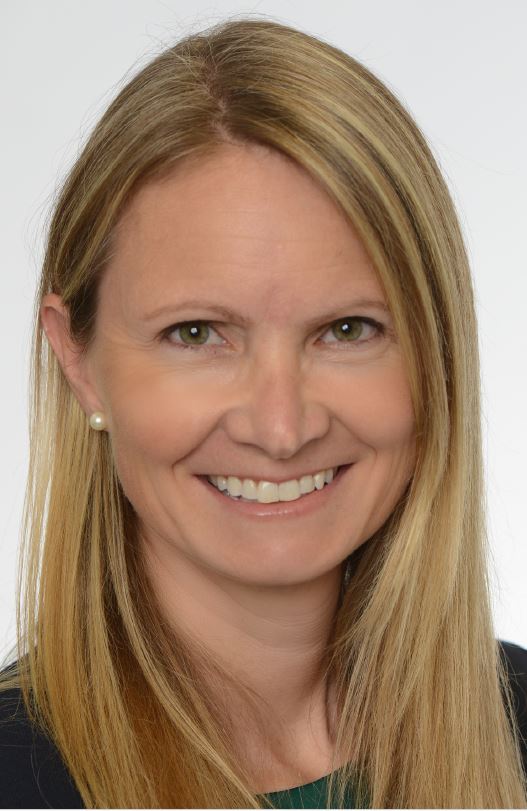
CDR Rachael Gosnell is a European Foreign Area Officer and Navy Strategist, with extensive academic and operational expertise in maritime security, strategy, and the Arctic. She served as a Speechwriter for the U.S. Chief of Naval Operations and as Speechwriter and in the Commander’s Action Group for the Commander, Naval Forces Europe – Africa and Commander, Allied Joint Force Command Naples. As a Surface Warfare Officer, she served onboard the USS SHILOH (CG-67), USS HARRY S. TRUMAN (CVN-75), and USS STOCKDALE (DDG-106). CDR Gosnell is a doctoral candidate in International Security and Economic Policy at the University of Maryland, with a focus on U.S. Arctic strategy. She holds a Masters in International Security Studies from Georgetown University, a Masters of Engineering Management from Old Dominion University, and a Bachelors of Science degree in Political Science from the U.S. Naval Academy.
Anneli Poska
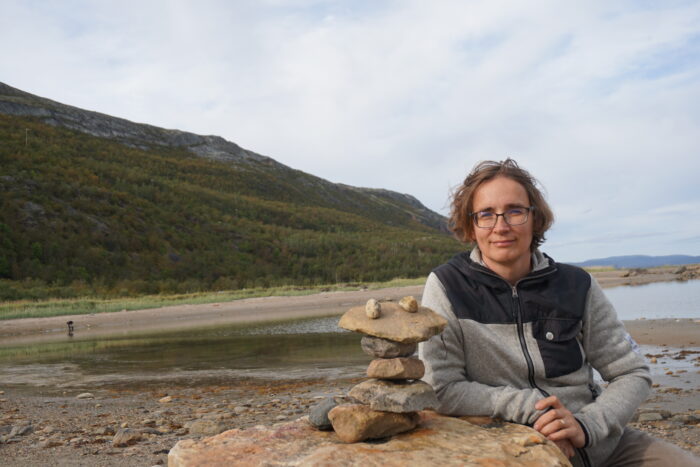
Anneli Poska is a geologist and paleoecologist working at the Institute
of Geology of the Tallinn University of Technology. Her research is
aimed at understanding the interactions between past and present
vegetation, environmental conditions, and human activities. She
graduated from the Department of Geology at the University of Tartu in
1992 and completed her postgraduate studies at Uppsala University, where
she obtained her PhD in Quaternary geology in 2001. Over the past
decade, her research interests have shifted to the impact of global
warming on the ecosystems of polar regions. She has participated in
expeditions to the Scandinavian polar regions and the Arctic Circle.
Anneli is also a member of the Polar Club.
Annika Saarto
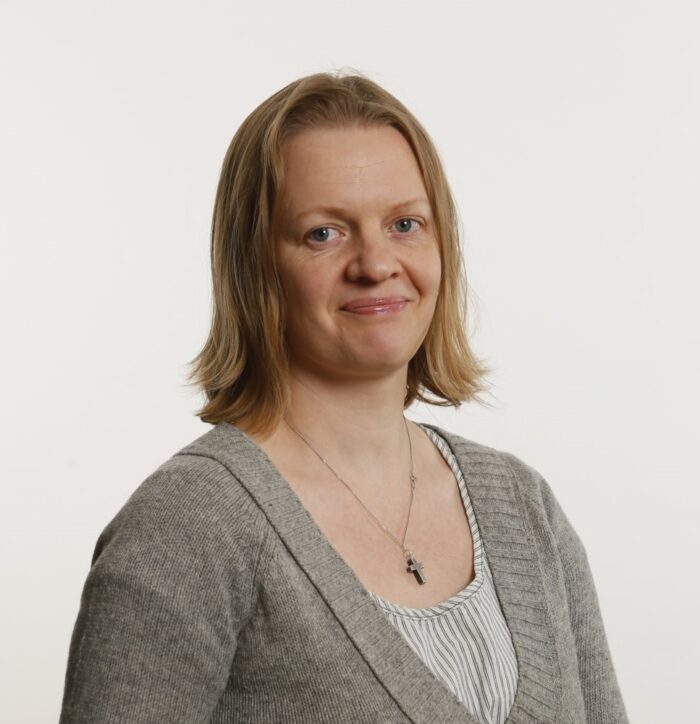
Annika Saarto holds degrees in Plant Ecology and Community Education. She works at the Biodiversity Unit of The University of Turku. Her core specialization are Aerobiology and pollen research in multi-disciplinary arrangements focusing on climate change research, aeroallergens and the measuring of bioaerosols. During the recent years, Saarto has also been engaged in research, education and development of sustainable African Agroforestry systems. She graduated in Biology in 1994, completed her PhD thesis in 2003 and graduated in Community Education (Master’s level) in 2024.
Hele Kiimann
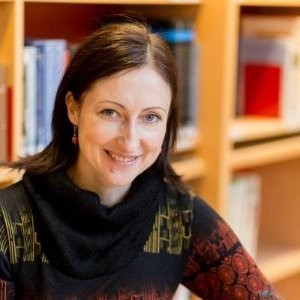
Dr Hele Kiimann is affiliated as researcher (and lecturer) at Uppsala University in Sweden as well as Research Coordinator at the Estonian Maritime Museum.
At the moment she is working for a research project and exhibition at Estonian National Museum about the Swedish settlement history around the Baltic Sea with main focus on climate change throughout the last millennium. Secondly, she is a part of Arctic research theme at IRES, Uppsala University where she focuses on “Place Related Values in the Natural and Socio-Cultural Environments of the Polar Regions“.
Heikki Junninen
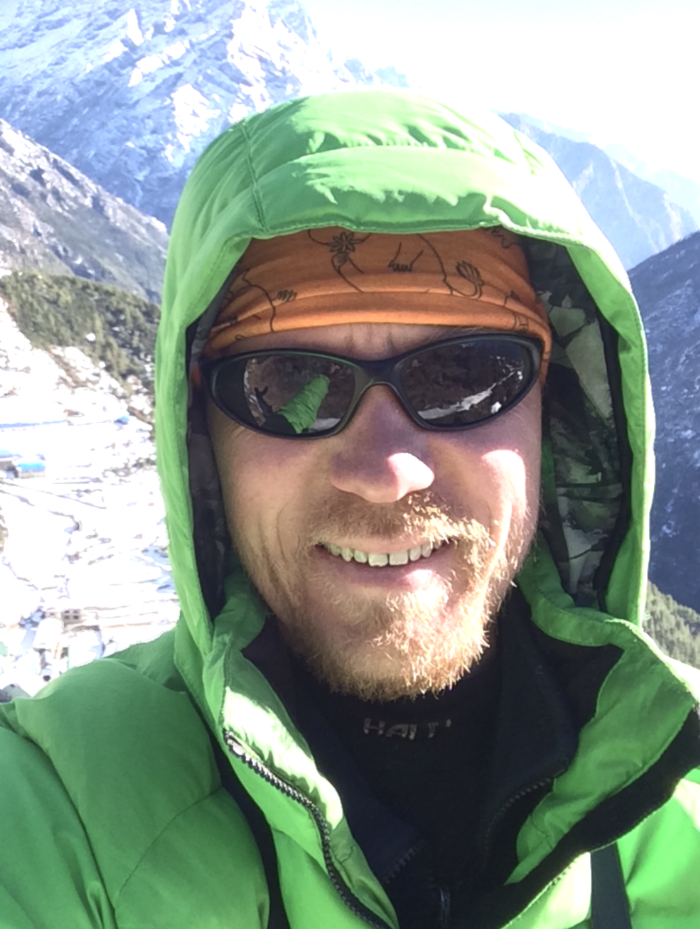
Heikki Junninen is an atmospheric scientist specializing in atmospheric aerosols and climate system research. His research includes processes that lead to new particle and cloud formation in different ecosystems, including high latitude and cold regions of the atmosphere. He has participated in many scientific expeditions in Greenland and Svalbard, where chemical and physical characterization of atmospheric aerosol and gases are performed. He leads the Laboratory of Atmospheric and Environmental Sciences at the University of Tartu, Estonia.
Mikko Sipilä
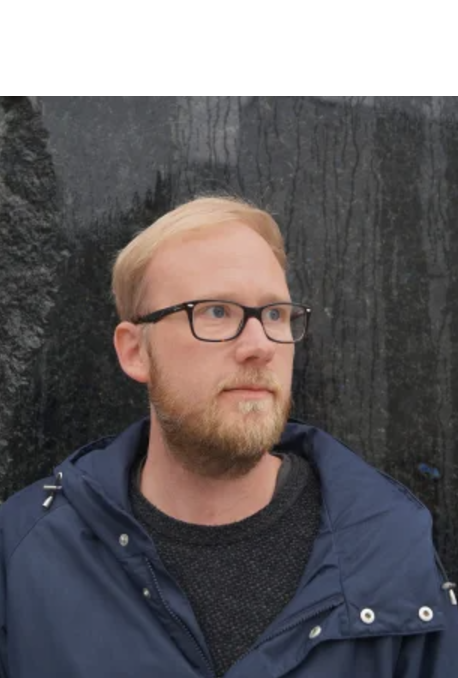
Professor Mikko Sipilä, Head of the Värriö Subarctic Research Station at the University of Helsinki, is a distinguished scientist renowned for his contributions to atmospheric and aerosol research, particularly in Arctic and sub-Arctic regions. A highly cited researcher, he has led pioneering studies in the molecular processes driving particle formation in the atmosphere. With over 200 scientific publications, multiple awards, and extensive fieldwork experience in extreme environments like Antarctica, Greenland, and the Arctic, Professor Sipilä’s work has significantly advanced understanding of climate-related processes. His leadership in the PANDA research group exemplifies his dedication to scientific innovation and environmental exploration.
Toomas Kokovkin
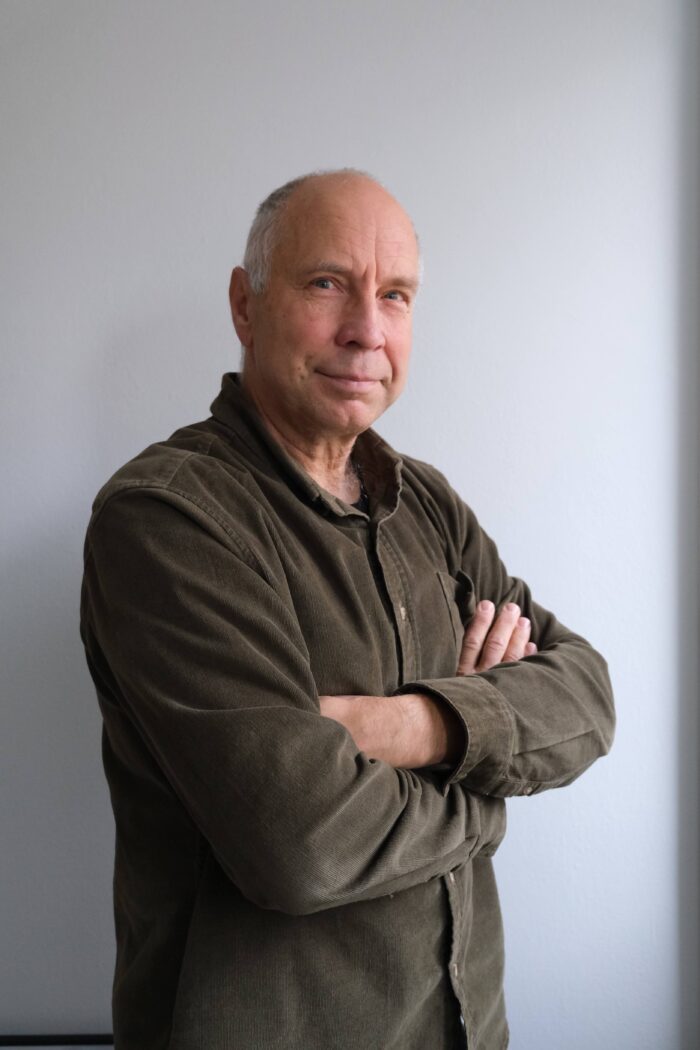
Toomas Kokovkin graduated from the University of Tartu in 1982 with a degree in geography. In 1990, he defended his doctoral dissertation at the University of St. Petersburg, focusing on the landscapes of Estonia’s small islands. He participated in an expedition to Svalbard by the Estonian Academy of Sciences in 1986.
Kersti Kaljulaid
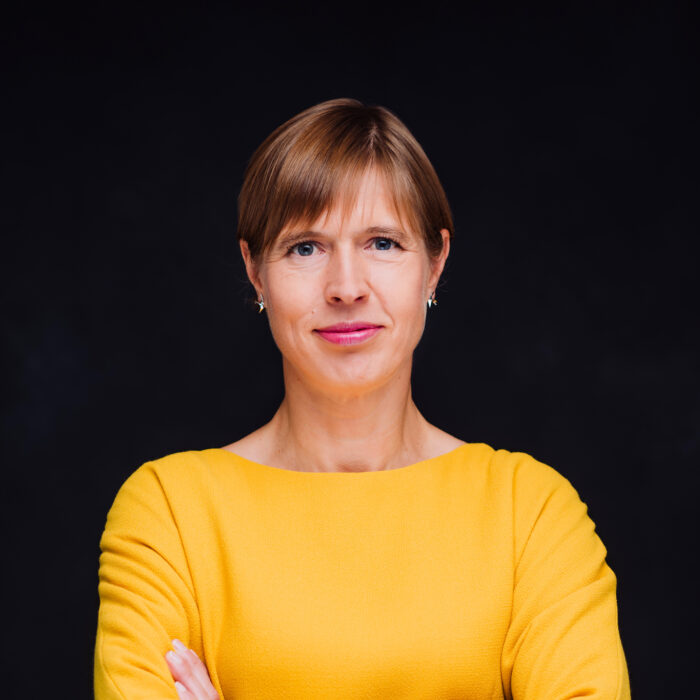
Kersti Kaljulaid served as the President of the Republic of Estonia from 2016 to 2021. Since 2024, she has been serving as the president of the Estonian Olympic Committee.
With degrees in genetic engineering and economy, she has been a member of the Supervisory Board of the Estonian Genome Center and served as the Council Chair of the University of Tartu from 2012 to 2016. She holds the distinction of being the first Estonian featured on Forbes’ list of the World’s 100 Most Powerful Women. In 2021, she founded the President Kaljulaid Foundation, an NGO and think-tank for Advancing Democracy, Empowering the Vulnerable, and Navigating the Societal Impact of Digitalization.
During her working visit to Antarctica in January 2020 she joined the expedition organized by the Estonian Maritime Museum and the crew of the Admiral Bellingshausen, visited various science stations on King George’s Island and participated in the celebration of the 200th anniversary of the first sighting of Antarctica.
Kristi Klaas
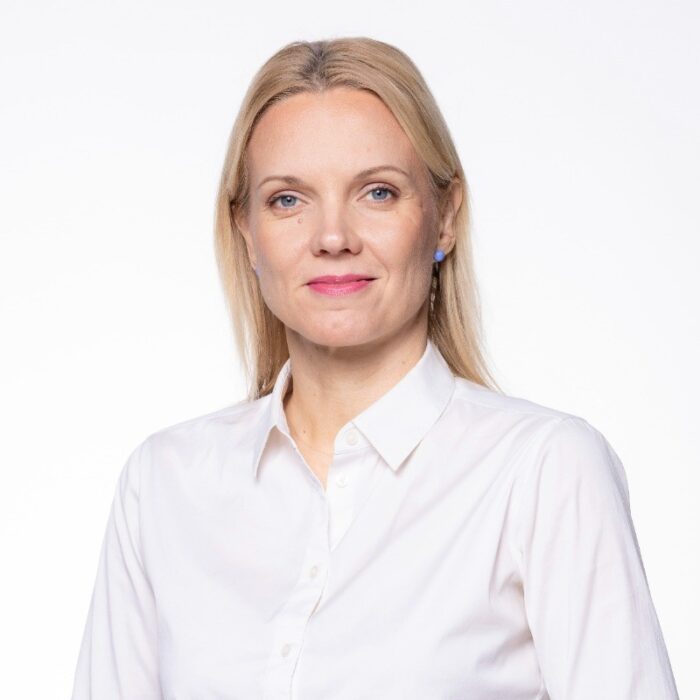
Kristi Klaas is the Deputy Secretary General for Green Reform at the Ministry of Climate. Before that position she was leading the country wide green transition process at the Government Office of Estonia.
Previously she has also worked as Deputy Secretary General for climate policy at the Ministry of the Environment.
She also led the environment and fisheries team during the Estonian Presidency at the Permanent Representation of Estonia to the EU and served as a diplomate at the Permanent Representation of Estonia to the OECD and UNESCO
Ole Arve Misund
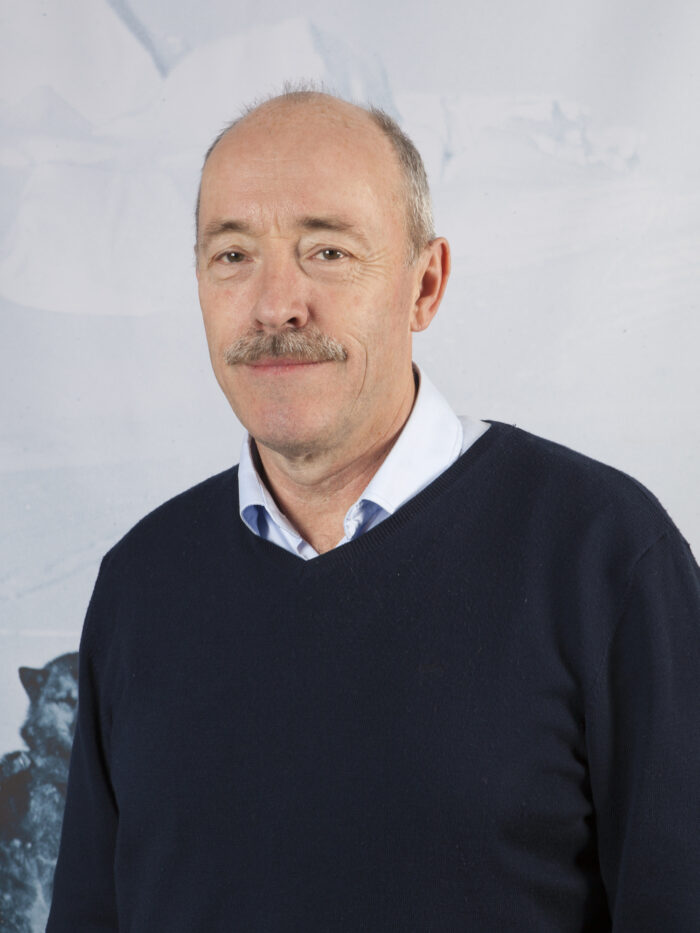
Special Adviser at the Norwegian Polar Institute (NPI) and Associate Professor at the University of Tromsø since 2021. He served as Director of NPI (2017–2023) and Associate Professor at the University of Bergen (2016–2023). Previously, he was Director of the National Institute for Seafood and Nutrition (2016–2017) and the University Centre in Svalbard (2012–2016). At the Institute of Marine Research (IMR), he was Research Director (2000–2012), Head of the Fish Capture Section (1997–2000), and Scientist (1990–2000). A prolific researcher with 60+ publications and editor of numerous works, he is a member of Academia Europaea and the Norwegian Scientific Academy for Polar Research.
Rodrigo Olsen Olivares
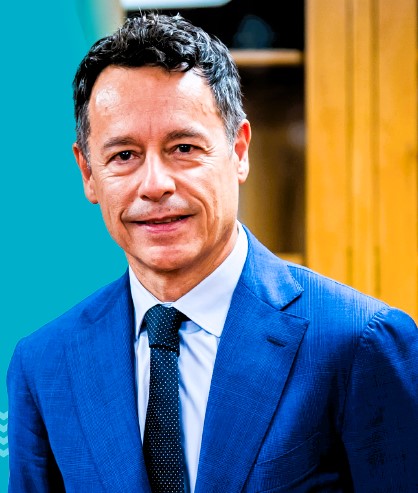
In 1991 he was chosen as a member of the foreign service in the Ministry of Foreign Affairs. Currently, Secretary General of Foreign Policy. Former Ambassador of Chile in Finland and nonresident in Estonia. Former Ambassador in Austria and Permanent Representative before the International Organizations based in Vienna. Director of the Environment and Ocean Affairs (2019/2020), Former Director of Asia Pacific (2018/2019).
He has served as a diplomat in the Embassy of Argentina (1995/1998), Embassy of Italy (1999/2000), Embassy of Spain (2004/2006), Mission of Chile to the Organization of the American States in Washington D.C. (2010/2015) and in the Embassy of Italy and Alternate Representative to FAO in Rome (2016/2017). He was designated as an ambassador in December 2017. Head of the Negotiation team for UN COP 25 on Climate Change and leader of the portfolio in Biodiversity, Marine Protection, Forests and to the Seabed authority in Jamaica. Responsible for the beginning of the negotiations of the High Seas Treaty in the BBNJ process. In the Interamerican system, Ambassador Olsen lead the negotiations for the approval of the Interamerican Convention for the protection of the Human Rights of the Older People and the Interamerican Convention for the elimination of all type of racial discrimination. Former Director of Regional Multilateral Integration, responsible for the negotiations in UNASUR and CELAC.
Master of Arts in International Affairs in Carleton University, Ottawa, Canada, and B.A in History, Pontificia Universidad Católica of Valparaiso, Chile. Certificate of Environmental Law in the Pontificia Universidad Católica De Santiago.
Riho Västrik
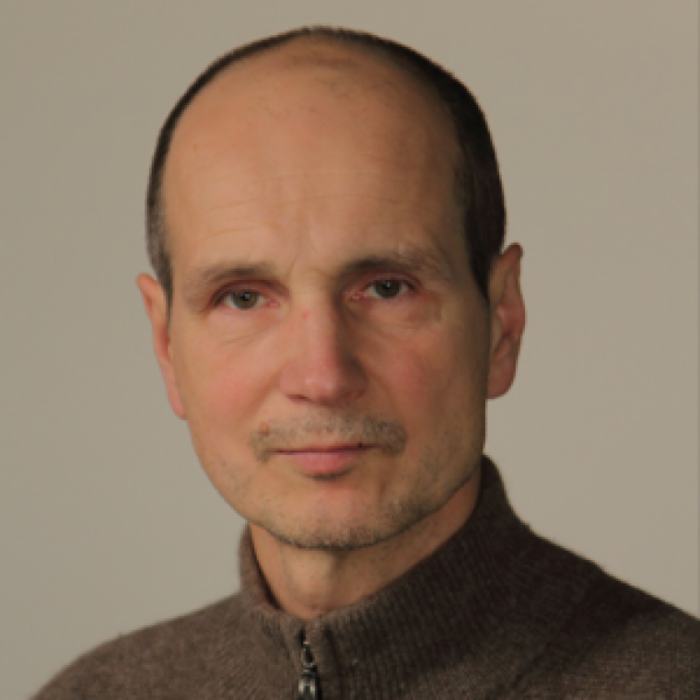
Riho Västrik has been working as a documentarian in the Arctic since 2003. He has made documentaries on the Taimyr Peninsula, the Sakha Republic and the Scandinavian Arctic. An important part of Riho’s creative career is related to recording the contribution of Baltic German explorers (Middendorff, Parrot, Toll). Riho is a member of the Estonian Polar Club and a professor of documentary film at Tallinn University.
Andres Sööt
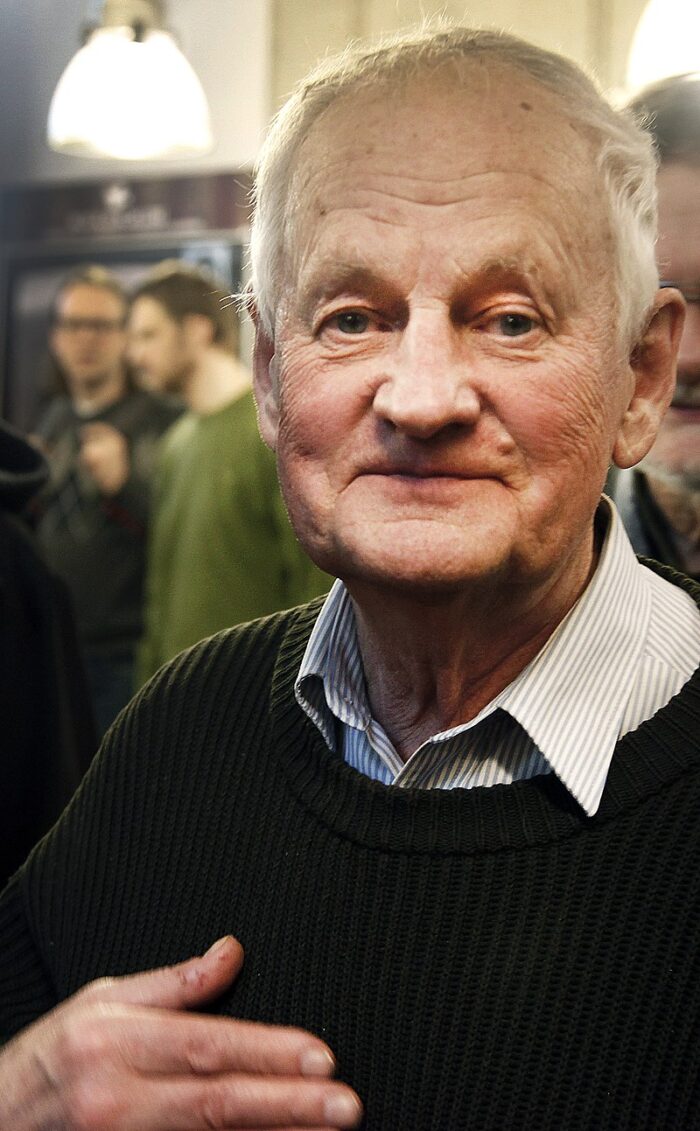
Andres Sööt (born 4 February 1934 in Paide) is an Estonian film director and cinematographer. In 1963 he graduated from Gerasimov Institute of Cinematography. In 1997 he was awarded with Order of the National Coat of Arms, V class.
Jonne Kotta
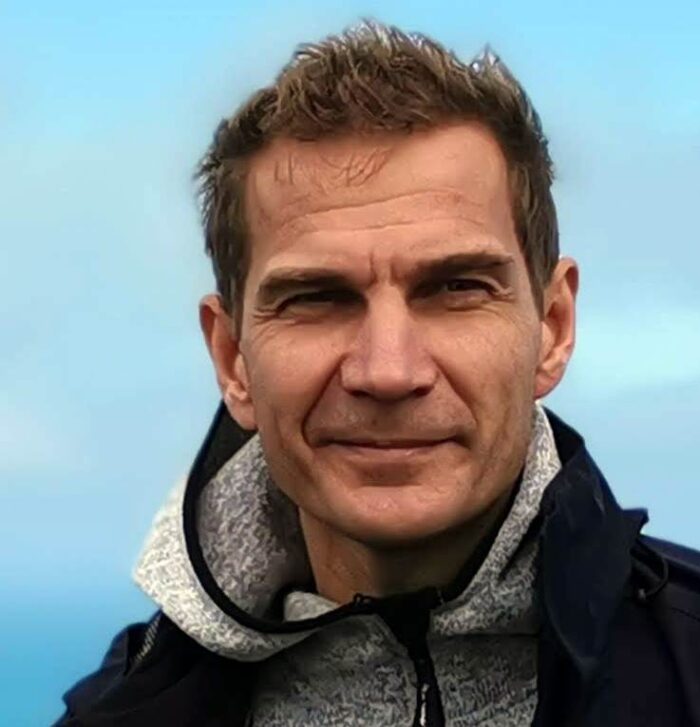
Jonne Kotta leads groundbreaking scientific research spanning diverse regions worldwide, including Antarctica, the Arctic, Australia, Asia, the Americas, and Europe. This research aims to deepen our understanding of marine ecosystem dynamics and to develop innovative solutions that enhance the economic benefits derived from marine resources, while simultaneously improving environmental quality and securing the sustainability of ecosystem services. Significant discoveries often emerge at the intersection of various scientific disciplines.
Nelson Valdiva Lahsen
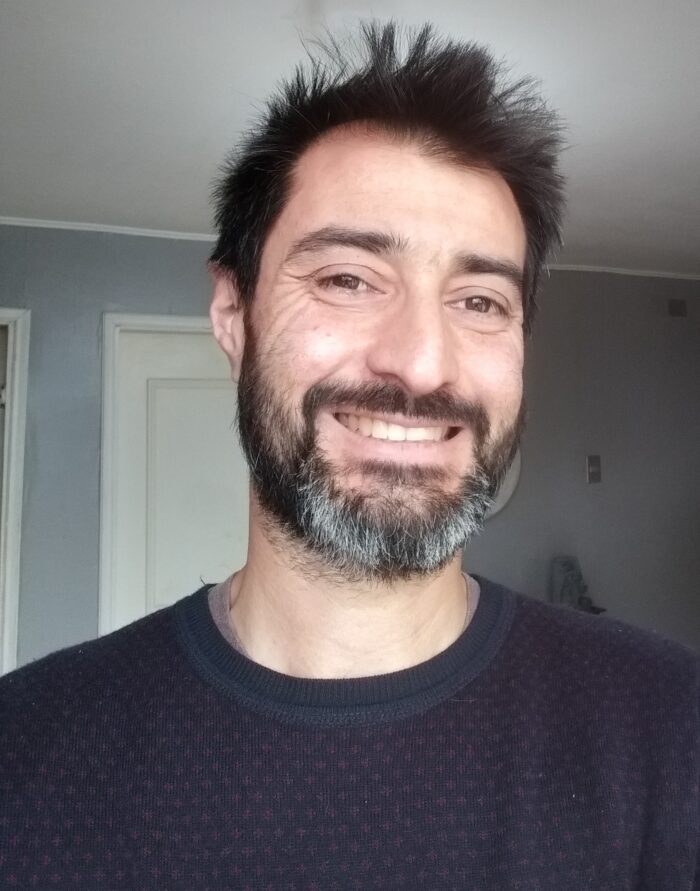
Nelson Valdivia is a professor at the Instituto de Ciencias
Marinas y Limnológicas at the Universidad Austral de Chile (UACh). He
obtained B.Sc. and M.Sc. degrees from the Universidad Católica del
Norte (Chile) and a doctoral degree from Bremen University (Germany).
After postdoctoral research at the Centro de Estudios Avanzados en
Zonas Áridas (CEAZA, Chile), he joined UACh as a faculty member. His current research interests include marine community stability mechanisms on the southeastern Pacific and Antarctic coasts.
Priit Tisler
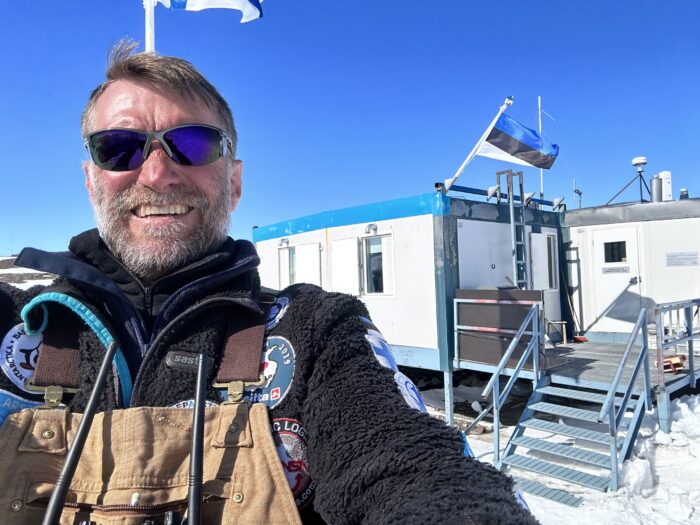
The work and activities of Priit Tisler (PhD) have been closely related to polar issues. He has worked on drifting ice blocks both in the Arctic and Antarctic. However, his familiarity with the icy and harsh environment is primarily associated with Antarctica. To date, he has participated in a total of ten expeditions to the south, with most occurring during the summer period and one during the polar winter. The first expeditions to Queen Maud Land were dedicated solely to research. He led a small group of researchers tasked with organizing and conducting different measurements, primarily meteorological in nature. Over time, more experience was gained as well as logistical responsibilities. Thus, in recent expeditions, he have served as deputy manager of the Finnish Aboa Station and, on one occasion, taking full responsibility for the management of the entire Finnish polar expedition and the Aboa Station.
Robert Keith Headland
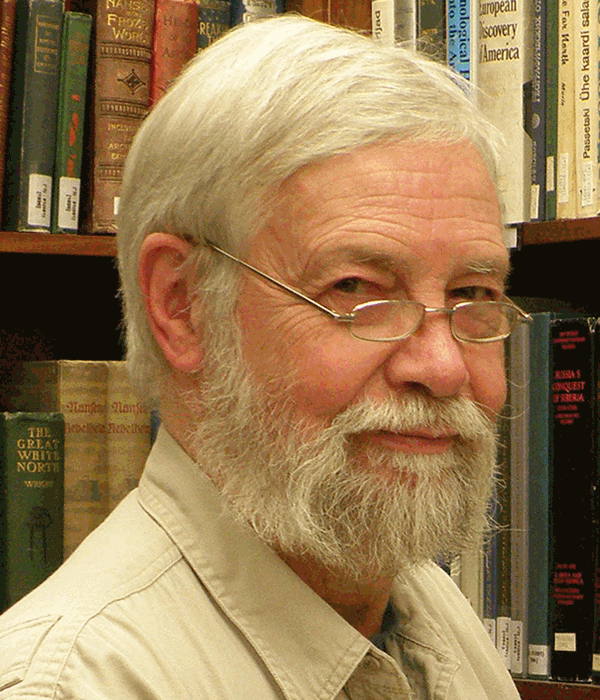
Robert Keith Headland became involved in polar research in 1977, at first with the British Antarctic Survey. His interests and specializations developed from biogeography to include historical geography of both Polar regions. The Scott Polar Research Institute appointed him Archivist and Curator for 27 years during which he prepared Special Exhibitions and lectures commemorating historical events. He became involved with the Antarctic Heritage Trust to maintain the huts from the early explorations. A member of the Institute of Historical Research of the University of London, a Fellow of the Royal Geographical Society, former President of the Antarctic Club, and a recipient of the Polar Medal, he has written several books and many scientific papers with polar themes. His earliest meeting with Estonian scientists was on an Arctic icecap, he became a member of the Estonian Polar Club in 1992.
Indrek Park
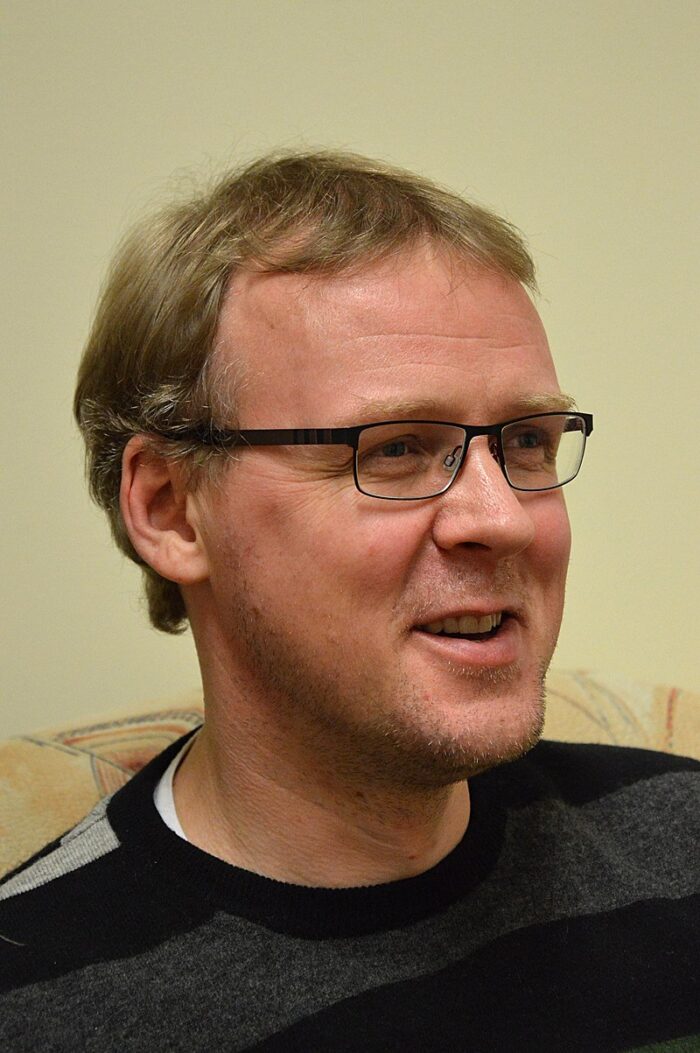
Indrek Park is a linguist specializing in Native American languages. He works at Indiana University and has contributed significantly to preserving Indigenous languages by developing teaching materials, lecturing, and creating a written standard for at least one language. Park, adopted by the Mandan-Hidatsa Flint Knife Clan, holds the Indigenous name “Spinning Eagle.” He earned a Ph.D. from Indiana University with an award-winning dissertation on Hidatsa grammar. Park has worked with languages such as Hidatsa, Lakota, Mandan, Arikara, and Assiniboine, living among Indigenous communities to document and revitalize their linguistic heritage.
Vladislava Vladimirova
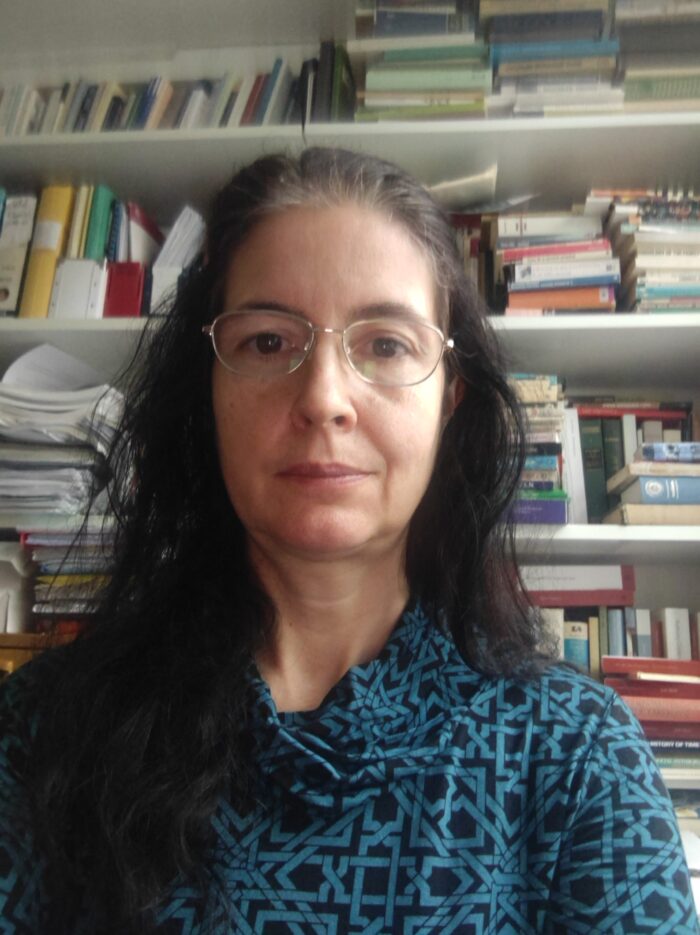
Vladislava Vladimirova is an Associate Professor at the Institute for Russian and Eurasian Studies and the Department of Cultural Anthropology and Ethnology at Uppsala University, Sweden. She is a cultural anthropologist involved in long-term research in Circumpolar Eurasia. Her main interests are in the fields of Indigenous governance and ethnicity, environmental justice, gender, moral economy, and conservation of environmental and cultural heritage in the Arctic. In addition to numerous book chapters and journal articles, she is the author of the book Just Labor: Labor Ethic in a post-Soviet Reindeer Herding Community (2006), for which she was awarded the Westin Prize by the Royal Society for Humanities at Uppsala (2009). In 2018, Vladislava Vladimirova and Otto Habeck were guest editors of a special issue of the journal Polar Geography on Gender in the Arctic. She is the co-editor of the anthologies Post-Soviet Women: New Challenges and Ways to Empowerment (Sätre et al. 2023) and Decolonizing the Sustainable Development Goals: Community Perspectives, Social Justice and the Challenges of Pluralism (Toivanen et al. 2025 forthcoming).
Liivo Niglas
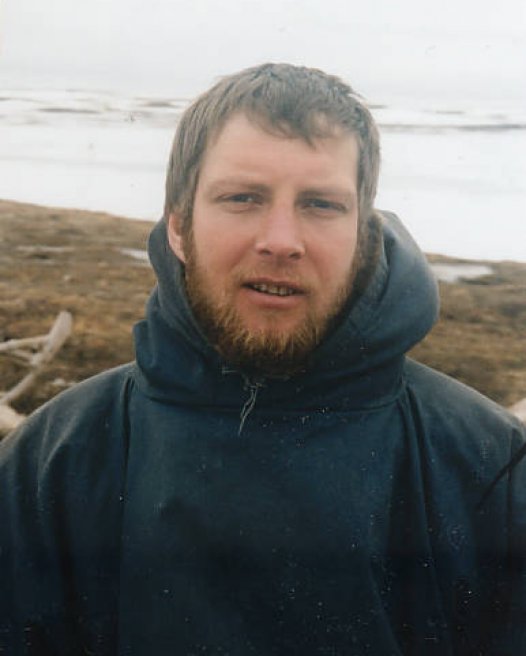
1990-present: anthropological research on the Nenets; 1999-present: ethnographic filmmaking in the Russian Far North.
Jean-Loup Rousselot
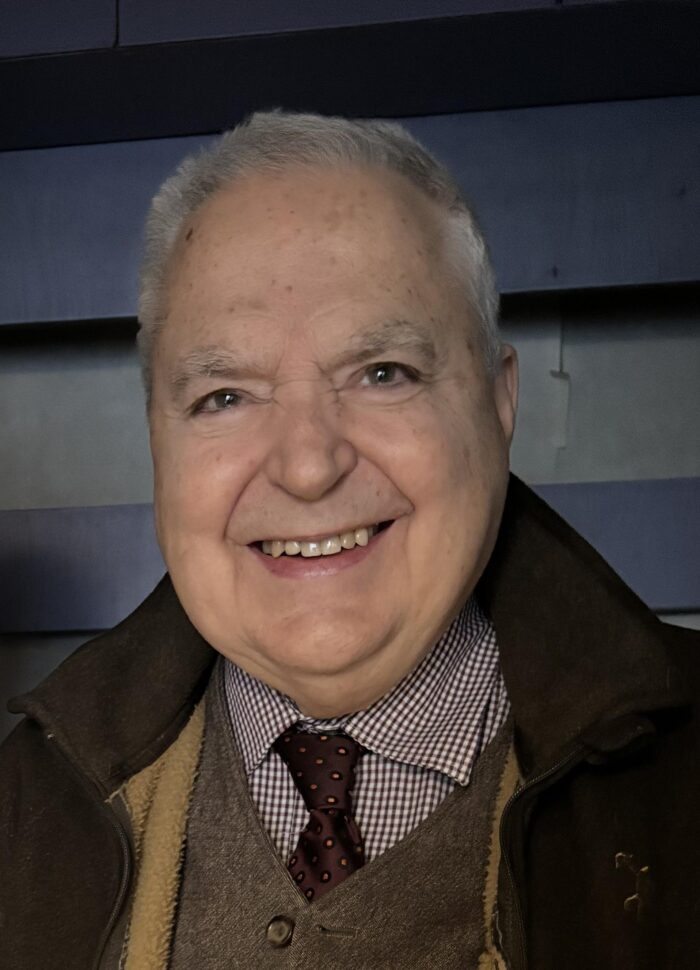
Jean-Loup Marcel ROUSSELOT is an anthropologist, who works on northern ethnography.
ROUSSELOT, 1944, has been trained in Tübingen and Munich (PhD Ludwig Maximilian Universität). Archaeological and anthropological fieldworks since 1973 in Canada and Alaska. Post-Doctoral Fellowship (1984-86) at the Smithsonian Institution Washington. Guest curator to the first American-Soviet Project on Russian America, Leningrad 1986. Then Rousselot was curator and vice Director of the State Museum Munich, where he mounted numerous exhibitions on Native America & Siberia.
Rousselot wrote the catalog and compiled the traveling exhibit of the Alaskan collection of the Ajaloomuuseum Tallinn.
His latest publications are on Arctic art and shamanism
Thomas Barry
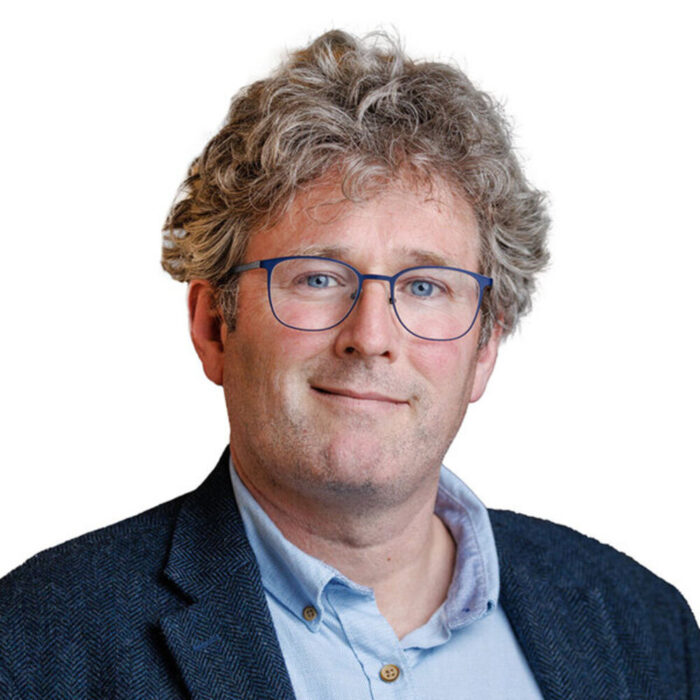
Thomas Barry is Dean of the School of Humanities and Social Sciences at the University of Akureyri. Specializing in Arctic monitoring systems, biodiversity, and environmental governance, he holds an MA (1995) and a BA (1993). Barry served as Executive Secretary for the Conservation of Arctic Flora and Fauna (CAFF) under the Arctic Council from 2008 to 2023. His work spans biodiversity monitoring, Arctic conservation measures, and the impacts of climate change. Barry has authored numerous influential reports, including the State of the Arctic Biodiversity Reports, advancing Arctic policy and science. He completed a 2021 Environmental Governance program at the University of Iceland.
Aimar Ventsel
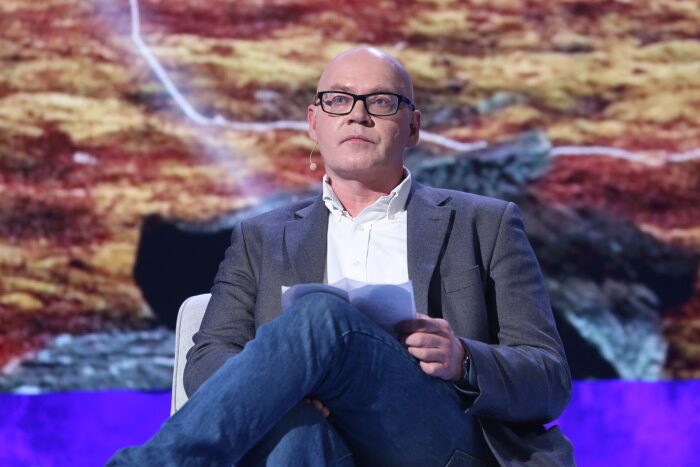
Aimar Ventsel is an anthropologist who has conducted fieldwork in Western Siberia, Krasnojarski Krai but mainly in the Republic of Sakha. His area of expertise is language policy within the Russian Federation and the Republic of Sakha, indigenous youth culture, cultural movements, economic anthropology.
Riikka Karppinen

Riikka Karppinen is a prominent youth leader, environmental activist, and politician from Finnish Lapland. In 2012, Karppinen was elected to the municipal council of Sodankylä, Finland, and has since served three terms, becoming Chairperson in 2021. From 2019 to 2021, Karppinen served as Vice President of Finland’s Green Party. She is also a Member of the Board of the Arctic Society of Finland and the Regional Council of Lapland, the governing body responsible for regional planning and development. In addition to her political career, Karppinen studies Finnish language and literature at the University of Helsinki and works as political assistant for the Minister for Foreign Affairs Pekka Haavisto and the Minister of the Interior Krista Mikkonen.
Mari Huntsaar
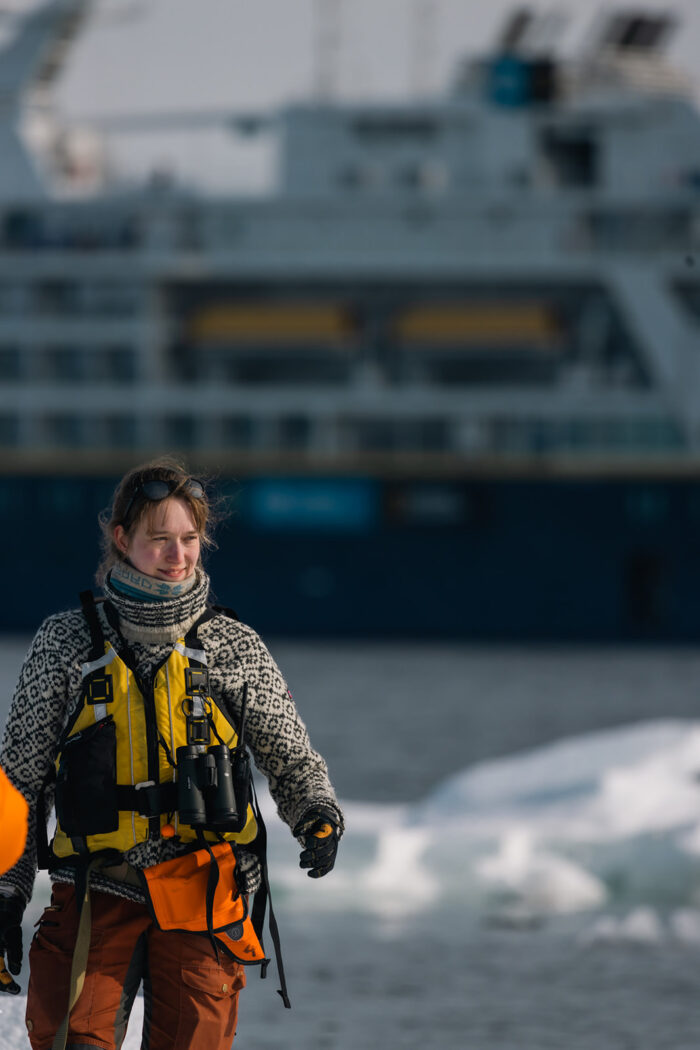
Maria’s interest in polar areas started in 2017 when she participated in a quiz organised by the Estonian Polar club. Afterwards, she spent 6 years living in Svalbard during her studies and now has a Master’s degree in Arctic Biology. She has been involved in research projects linked to time-lapse camera studies on moss campion (Silene acaulis) and its insect visitors in Svalbard and she has worked as a guide throughout the Arctic.
Urmas Paet
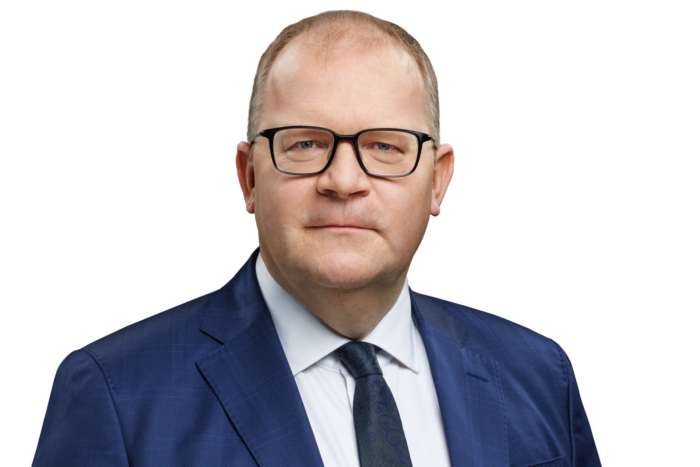
Urmas Paet majored in Political Science and started out as a journalist in Estonian Radio and daily newspaper “Postimees”. Shortly after entering into politics in 1999, Urmas Paet became the Head of the Nõmme City district in Tallinn. From 2003 till 2005 he served as Estonia’s Minister of Culture. In 2005 he became the Minister of Foreign Affairs for almost ten years.
Urmas Paet has been a Member of the European Parliament as of November 2014. He specializes in foreign and security policy issues. He is the Vice-Chair of the Foreign Affairs Committee, member of the Subcommittee on Human Rights and a substitute member of the Committee on Transport and Tourism. During his previous parliamentary terms he has also served as a member of the
Security and Defence Committee as well as a substitute member of the International Trade Committee. Mr Paet was also the Chair of the Foreign Affairs Committee Working Group on Eastern Partnership. He is the rapporteur of the European Defence Union Report, the EU Arctic Policy Report, the Cyber Defence Report, the Report on the State of EU Cyber Defence Capabilities and the report on the Recommendation to the Council Taking Stock of the Functioning of the EEAS and for a Stronger EU in the world.
Mr Paet is the European Parliament’s standing rapporteur for the Arctic region. He is also the founder of the Arctic Friendship group.